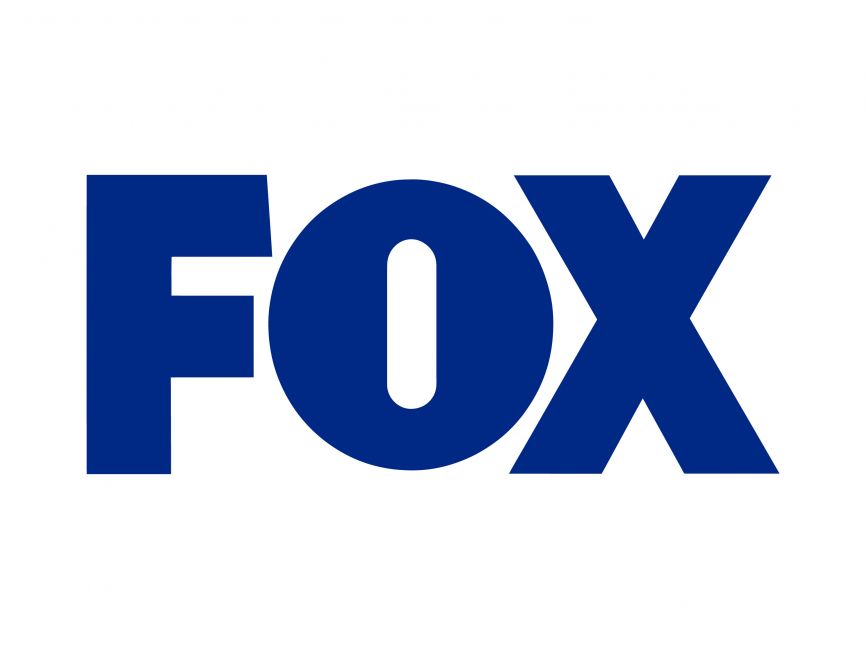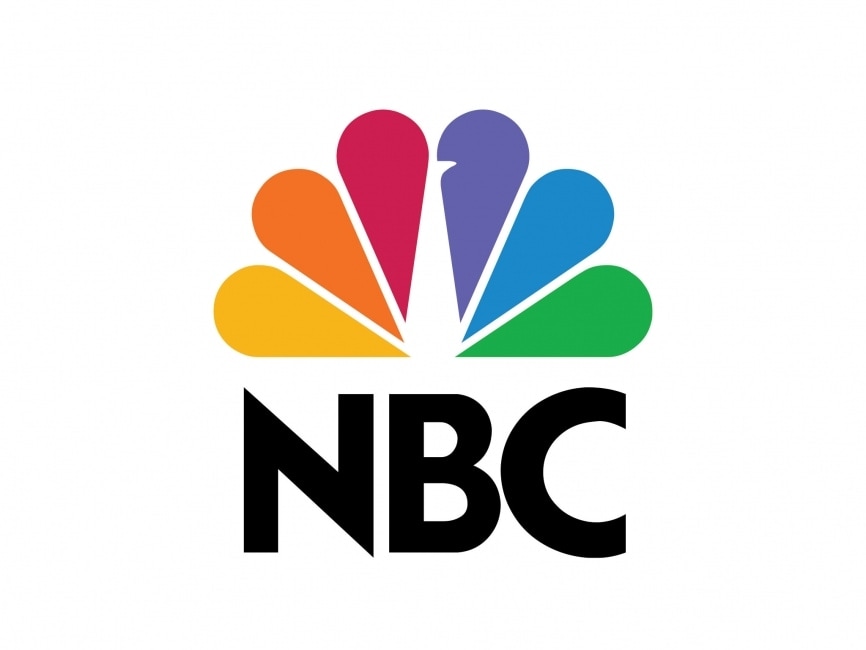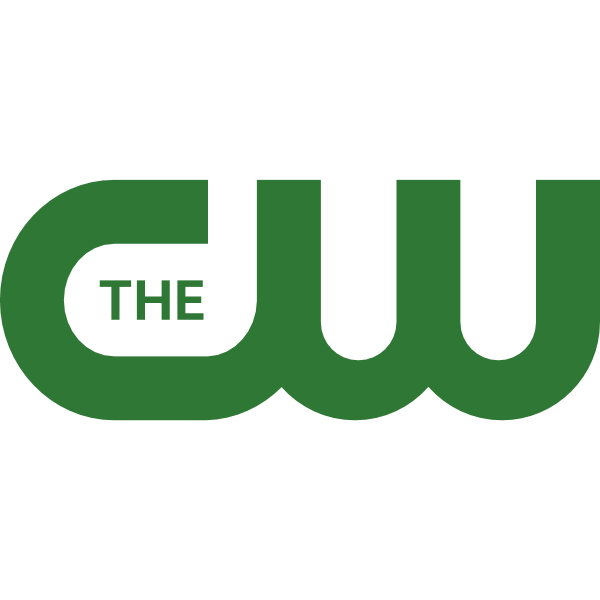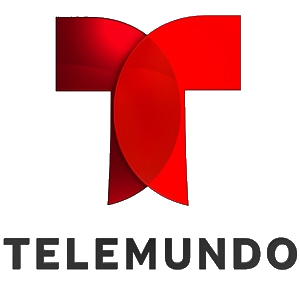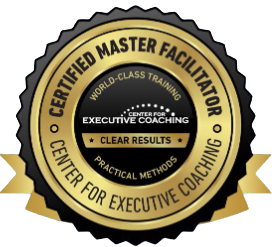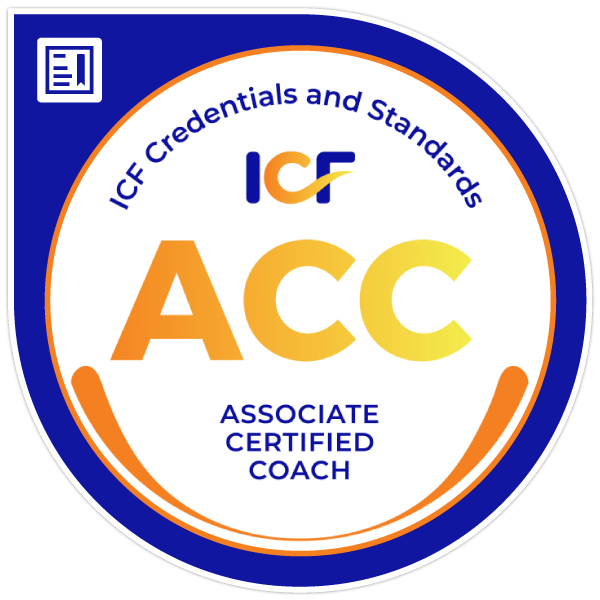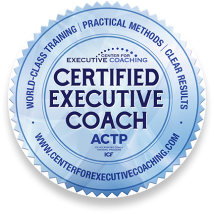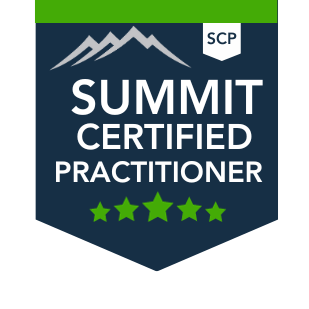The term “leader” is derived from the Old English word ‘lædan,’ which means “to go before as a guide.” It was first used in English during the 14th century to designate someone in command, and it has been used for a wide range of meanings ever since. But what does it mean to be a leader in the 21st century?
There are countless books, articles, and blog posts that attempt to answer this question, but the truth is that there is no single answer. Leadership is complex, fluid, and it’s constantly evolving.
One thing, however, is certain: in order to be an effective leader in today’s ever-changing landscape, you need to continuously develop and grow your skills. One of the best ways to do this is through executive coaching.

This intricate process involves working with a coach to identify areas of opportunity and then create a plan to address those gaps. It’s about challenging yourself to think differently and expanding your perspective. It’s also about becoming the best version of yourself, so that you can better lead others.
You can’t fathom the thought of going through this process alone. You need someone who will challenge you, push you outside your comfort zone, and help you see things from a different perspective. That’s where an executive coach comes in.
An executive coach is more than just a sounding board or someone to bounce ideas off of; they’re a critical success factor for leaders. This article explores why.
What is an Executive Coach?
It’s not uncommon for people to hear the term “executive coach” and think that it’s only for CEOs or other high-level executives. But this couldn’t be further from the truth. Executive coaching is for anyone who wants to improve their leadership skills.
An executive coach is a professional who helps leaders achieve their goals by providing guidance, support, and accountability. They work with their clients to help them identify areas of opportunity and then create a plan to address those gaps.
The relationship between an executive coach and their client is built on trust, mutual respect, and confidentiality. The coach provides objective feedback and honest reflection so that the leader can gain greater self-awareness. They also challenge their clients to think differently, push them outside of their comfort zones, and provide resources and support as they work to achieve their goals.
Executive leadership coaching is not therapy. It’s not about dwelling on the past or focusing on what’s wrong. Instead, it’s about helping leaders focus on what’s right so that they can move forward and take charge of both their lives and careers.
Why Hire an Executive Coach? – The Benefits of Executive Coaching

You know what they say, “If it ain’t broke, don’t fix it.” But what if your leadership style isn’t broken, per se, but you know that it could be better?
For instance, perhaps you’re not reaching your full potential as a leader. Maybe you’re struggling to manage a team or navigate through change. Or perhaps you want to take your career to the next level.
In any of these cases, an executive coach can help. Below, we list just a few of the benefits that come from working with an executive coach.
Identifying areas of opportunity and filling gaps
The first step in any coaching engagement is to assess where the leader is currently and where they want to be. This involves identifying areas of opportunity and then creating a plan to address those gaps.
A coach will help you take a step back and objectively examine your leadership style and effectiveness. They’ll ask questions that challenge you to think differently and help you see things from a different perspective.
360s and validated assessments are often used in this process so that the leader can get feedback from their peers, direct reports, and other stakeholders. This helps to create a well-rounded picture of where the leader is currently falling short and what areas they need to work on.
The overall goal is to identify areas of opportunity and then create a plan to address those gaps. This might involve changing or starting best practices habits, improving engagement and collaboration, or learning how to better influence others.
Influencing others
This leads us on to -you guessed it- influence. We’re all influenced by someone or something every day. Whether we realize it or not, we’re also constantly influencing those around us. As a leader, your ability to influence others is one of the most important skills you can have.
An executive coach can help you hone your influencing skills so that you can more effectively lead your team and achieve your goals. They’ll help you understand the psychology of influence and how to use it in a way that is authentic and aligned with your values.
You’ll learn how to better communicate with others, build relationships, create win-win situations, have difficult conversations, navigate conflict, and build relationships. You’ll also learn about the different types of influence, so that you can more effectively lead change within your organization.
Changing and/or starting best practice habits
Believe it or not, habits can have a significant impact on your success as a leader. Your ability to develop and maintain healthy habits will directly affect your productivity, decision-making, and overall effectiveness.
Your habits also play a meaningful role in how you show up as a leader. For example, are you someone who is always prepared and organized? Do you take the time to build relationships with your team? Do you make it a priority to stay current on industry trends?
All of these things are essential habits that can help you be a more successful leader. An executive coach can help you develop and maintain these habits. They’ll work with you to create a plan that is tailored to your specific needs and goals. They’ll hold you accountable so that you can make lasting change.

Improving or gaining engagement and collaboration with others
Engagement and collaboration are two of the most important aspects of any successful team. As a leader, it’s your job to foster a culture of free-flowing communication and union. What we mean by that is, a team where everyone feels comfortable sharing their ideas, thoughts, and concerns.
An environment like that takes more than just an open-door policy. It requires trust, respect, and a shared sense of purpose. It also requires effective communication and conflict resolution skills. An executive coach can help you build all these things to create a high-performing, admiringly engaged, and collaborative team.
Strategic planning and implementation
Strategic planning and implementation is another area where an executive coach can be extremely helpful. Your coach will work with you to develop a clear and concise plan that is aligned with your goals. They’ll help you ensure that your team has the resources and support they need to successfully execute the plan.
You’ll learn how to set priorities, delegate tasks, and manage risk. You’ll also develop a better understanding of how to measure success and hold yourself and your team accountable. It’s the perfect way to ensure that you’re always moving forward and making progress toward your objectives.
Starting in a new role or organization
If you’re a leader on a new journey, an executive coach can help you hit the ground running. They’ll be with you every step of the way, teaching you how to transition into your new role, build relationships, and navigate the political landscape. You’ll also develop a better understanding of the culture and how to cultivate it.
Even the most experienced leaders may feel a bit out of their depth when starting in a new organization. But with the help of an executive coach, you’ll be able to hit the ground running and make a positive impact from day one.
Succession planning
Succession planning is all about preparing for the future. As a leader, it’s your job to ensure that your organization has a plan in place for when you’re no longer at the helm.
An executive coach can help you develop a succession plan that ensures continuity and builds long-term success. As you navigate the process, you’ll learn how to identify potential leaders, assess their readiness, and create a development plan that sets them up for triumph.
It’s a necessary process that will help you ensure that your organization is prepared for whatever the future may hold. At the very least, it will give you peace of mind knowing that you’ve done everything you can to set your team up for success.
Career planning
No matter where you are in your career, it’s always important to have a plan. Whether you’re looking to move up the ladder or simply want to ensure that you’re on the right path, you can’t go about it blindly.
What are your long-term career aspirations? What are your short-term goals? How can you get there? These are all critical questions that an executive coach can help you answer. They’ll work with you to assess your strengths and weaknesses, identify growth opportunities, and create a plan that will help you achieve your desired outcome.
It’s the perfect way to ensure that you’re always moving forward in your career and making progress towards your goals.
What Kind of Coach to Look for?

Now that you know the benefits of executive coaching, you might wonder what kind of coach you should look for. Here are a few things to keep in mind:
- First and foremost, you want to make sure that your coach is a good fit for you personally. Do they have a coaching style that you’re comfortable with? Do they understand your industry and the challenges you face? Finding someone you feel comfortable working with and who can relate to your situation is essential. No matter who you pick for a coach, make sure your goals are made clear at the beginning of your relationship.
- Second, does your coach have integrity, empathy, and a genuine desire to help you succeed? Certifications require ethical training and a code of conduct to follow. You want to make sure that your coach is someone you can trust and who will always have your best interests at heart. The ICF – International Coaching Federation is the most common and well-respected certification for coaches, but it’s not the only one out there. A bit of research goes a long way here.
- Third, and this is true for any kind of coaching, ensure that your coach is someone you feel comfortable being vulnerable with. In order to achieve success, you need to be able to open up and share your challenges and weaknesses honestly. If you don’t feel comfortable doing that with your coach, then they’re not the right fit for you.
Final Thoughts
As you can see, there are a lot of benefits to working with an executive coach. If you’re looking to take your career to the next level, then it’s definitely something you should consider.
Just remember, coaching takes work. You must be willing to put in the time and effort to see results. We know it can be tough and exhausting to work on ourselves, but if you commit and persevere, you will see substantial benefits in your career goals. Not only will you achieve more, but you’ll also learn how to become a better leader and build relationships that last.
If you’re ready to take the plunge or have more questions, then we encourage you to reach out to one of our certified executive coaches today. North Executive Advisors delivers customized, high-level executive coaching solutions and consultation services that drive businesses and their leaders forward.
We believe that when it comes to your business’s growth and security, expertise matters. We help our clients realize their true potential through specialized strategies and leadership growth opportunities that transform teams and drive lasting success.
Our focus is on building relationships and developing our client’s ability to achieve their desired outcomes. We strive to provide an environment that is both challenging and supportive, so our clients can reach their full potential. If you’re interested in learning more about how we can help you, contact us today. We’d be happy to chat with you about your goals and how we can help you achieve them.




